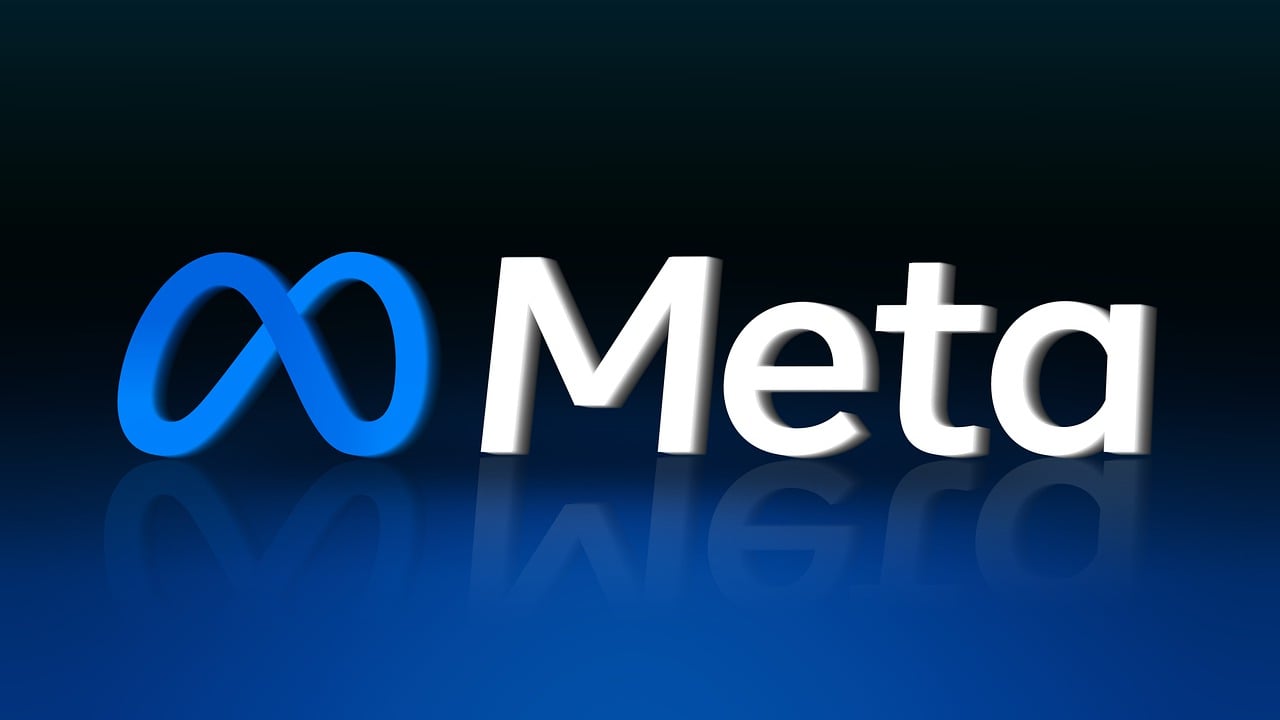The Ethical Implications of AI on Personal Identity

Brief news summary
The rise of artificial intelligence (AI) presents significant ethical and moral dilemmas regarding individual identity. In "AI Morality," edited by David Edmonds, Muriel Leuenberger examines how AI influences self-perception. She contends that modern AI systems often possess a deeper understanding of individuals than they do themselves, which raises concerns about trust and autonomy. By analyzing extensive data on our behaviors and preferences, AI creates intricate profiles, potentially leading to inaccuracies in its recommendations and introducing biases. This reliance on AI makes it difficult for individuals to critically assess its suggestions, as the technology often functions as an opaque "black box." Leuenberger further argues that identity is actively constructed rather than merely unveiled. Dependence on AI for self-discovery may undermine personal autonomy and accountability, stifling personal growth and self-creation. While AI can provide valuable insights, overreliance might foster complacency, adversely impacting decision-making and leading to identities formed more by algorithms than through individual exploration and deliberate choices.The rapid development of artificial intelligence (AI) raises significant questions not only about technological advancements but also about morality, ethics, and our very identities. "AI Morality" (Oxford University Press, 2024), edited by philosopher David Edmonds, features essays from experts examining how AI will transform our lives and the ethical dilemmas it creates. In her contribution, Muriel Leuenberger, a postdoctoral researcher at the University of Zurich, discusses the influence of AI on personal identity in her essay, "Should You Let AI Tell You Who You Are and What You Should Do?" Leuenberger highlights the ability of machine learning algorithms used across various digital platforms to form a comprehensive profile of users, knowing more about their preferences and behaviors than they might know themselves. This raises concerns about whether users can trust AI to make recommendations about their lives, as the complexity of AI systems makes it difficult to assess their reliability. Factors like bias in algorithms and the lack of transparency complicate understanding the motivations behind AI’s recommendations. Beyond trust issues, the essay emphasizes a deeper philosophical concern: the notion of identity as something to be discovered versus something to be created.
AI may provide insights based on data and statistics, but it can overshadow the essential human capacity to actively shape one’s identity. Drawing from existentialist thought, Leuenberger argues that identity should be a product of personal agency and responsibility, not an outcome dictated by AI. Relying on AI for self-definition could lead to a diminished sense of responsibility and creativity in constructing one's identity. While the appeal of having clear guidance is understandable, it comes with risks, including losing critical self-creation skills and the potential for AI to reinforce a static identity. To foster personal growth, individuals should engage more actively in decision-making, rather than depend on AI recommendations, thereby ensuring that they remain accountable for their lives and identities.
Watch video about
The Ethical Implications of AI on Personal Identity
Try our premium solution and start getting clients — at no cost to you

I'm your Content Creator.
Let’s make a post or video and publish it on any social media — ready?
Hot news

TechSmith's 2024 Video Viewer Study Finds 75% of …
TechSmith Corporation, a prominent leader in visual communication, has released its 2024 Video Viewer Study, an extensive report examining global viewer engagement and preferences for instructional and informational videos.

AI on the frontline: Turning sales intelligence i…
Synopsis Artificial intelligence (AI) is transforming sales teams in India, empowering not just executives but also frontline staff

Meta Platforms Announces $10 Billion Investment i…
In June 2025, Meta Platforms Inc.

ByteDance promises to tighten up its new AI video…
ByteDance released Seedance 2.0 less than a week ago, sparking outrage among artists worldwide with a viral AI-generated clip featuring Tom Cruise and Brad Pitt fighting.

An AI voice recorder that can make sales? This on…
The ideal scenario for office workers is to simply press a button on a device that records meetings, transcribes conversations, and converts them into actionable tasks.

Microsoft's AI-Powered Copilot: Enhancing Product…
Microsoft has officially integrated an AI-powered assistant, Copilot, into its widely used Office Suite, marking a major advancement in user interaction with productivity software.

Seedance 2.0
Seedance 2.0 is a cutting-edge image-to-video and text-to-video model created by the tech company ByteDance.
AI Company
Launch your AI-powered team to automate Marketing, Sales & Growth

and get clients on autopilot — from social media and search engines. No ads needed
Begin getting your first leads today








